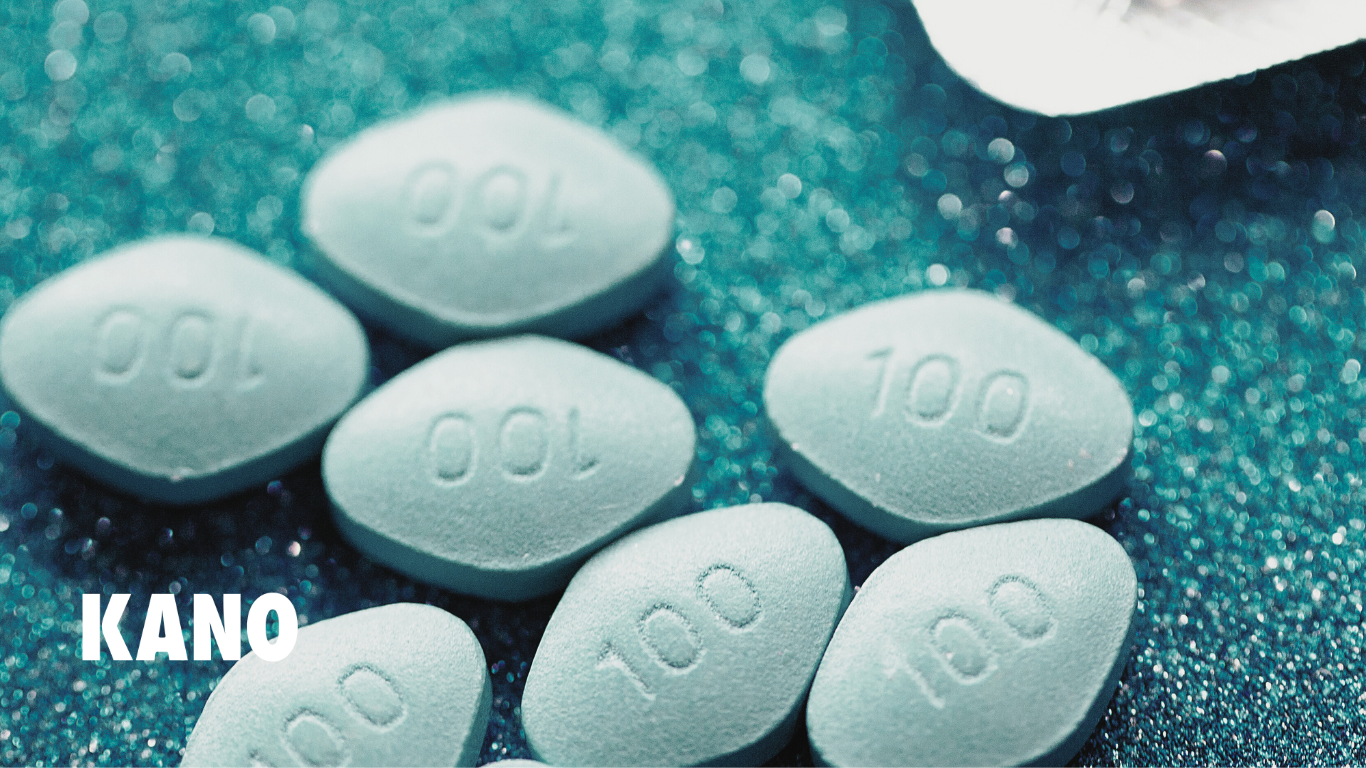4. Get enough sleep
According to a study published in 2018, sleep problems could impair men's erectile function. Considered as the "third pillar of our health"" after diet and physical activity, sleep plays an important role in your sexual relations. (2)
Lack of sleep is said to increase the risk of developing heart disease, diabetes, high blood pressure, and cholesterol, all of which are harmful to erectile function. Good sleep also promotes the maintenance of your testosterone levels, an important hormone in erectile function.
If your sleep is disturbed, talk to a healthcare professional who can guide you on the steps to take to improve it.
5. Stop smoking
Tobacco is an accelerator of high blood pressure and promotes venous leakage which prevents the veins in the penis from retaining blood. According to the National Committee Against Smoking, smoking increases the chances of having recurrent erectile problems by 51%, even among young men. Therefore, it is advised to quit smoking and also to reduce your alcohol consumption. (5)
6. Have a medicinal solution prescribed to you
This is the first-line treatment for men with erectile dysfunction: phosphodiesterase type 5 inhibitors (PDE5), better known under the names Viagra®, Cialis®, Spedra®, or Levitra®. By dilating the blood vessels in the penis, they allow, through a vascular mechanism, to increase the blood flow to the penis and thus facilitate an erection.
All these medications require sexual sensory stimulation to work. Moreover, do not worry, you will not have an erection without stimulation.
They do not all act at the same speed and do not have the same duration of effect. They can be taken occasionally before intercourse, with varying lead times, or as a daily treatment for Cialis. It is important to find a dosage that is suited to your personal situation.
These tablets are a very effective treatment suitable for various conditions. They are only available by prescription and are not reimbursed by social security. To obtain them, speak with a doctor.
7. Talk to a psychologist, sexologist, and/or psychiatrist
If you're feeling down, weary, or if your self-esteem seems to be diminishing, it might be time to talk to a professional. Starting therapy and improving your mental health can have positive effects on your sexual health. Increased sexual desire, regained self-confidence, acceptance of medical treatment... All of these factors can enhance your sexual vitality and your relationship.
As you may understand, the first thing to do to reduce your erectile dysfunction is to try to understand its origin, in order to address the various risk factors at the source. To do this, talk to a healthcare professional who can guide you. For a better understanding of erectile dysfunction, its causes, symptoms, and treatments, find our complete guide, here.









